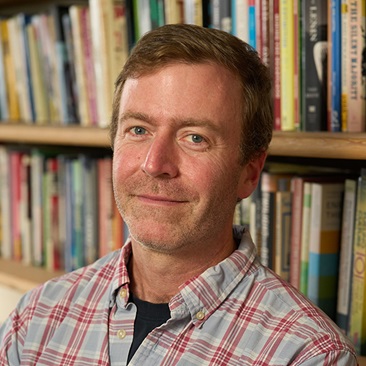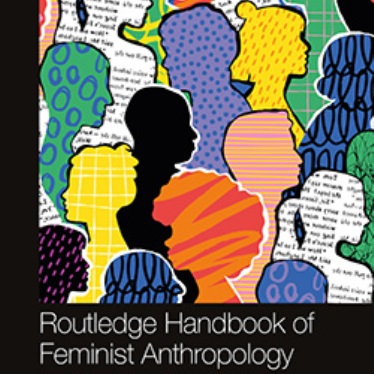Who Tells Your Story? Women and Indigenous Peoples Advocacy at the UNFCCC
Takumi Shibaike, Bi Zhao
Cambridge University Press, February 2025

Takumi Shibaike, assistant professor of political science, has co-written “Who Tells Your Story? Women and Indigenous Peoples Advocacy at the UNFCCC” (Cambridge University Press, 2025), with co-author Bi Zhao, assistant professor of political science at Gonzaga University.
The book examines the framing strategies of women’s and Indigenous peoples’ civil society organizations (CSOs) at the annual conference for the United Nations Framework Convention on Climate Change. Using social media data and in-depth interviews, the authors find that while women’s CSOs show self-representative framing—focusing on the need to address gender equality in global climate governance—Indigenous peoples’ advocacy shows more crossover-representation, including CSOs that specialize in other environmental issues. Differences in framing patterns, the authors argue, can affect interorganizational dynamics, changes for climate framing over time and institutions’ long-run democratic quality.
Shibaike has published several journal articles in publications such as International Studies Quarterly, Global Environmental Politics, the Journal of Politics, and Nonprofit and Voluntary Sector Quarterly on topics including NGO advocacy, global conservation governance and nonprofit data environments. His research has been supported by Syracuse University’s Appleby-Mosher Fund, the Canon Foundation-EUI Research Fellowship and the Konosuke Matsushita Memorial Foundation research grant.
Shibaike’s work broadly investigates how civil society activism shapes global environmental governance and public understanding of environmental issues, such as biodiversity conservation and climate change. He teaches classes in global environmental politics, non-governmental organizations, global governance and technology, politics, and environment.
From the publisher:
Thousands of civil society organizations (CSOs) attend the Conferences of the Parties (COPs) of the United Nations Framework Convention on Climate Change (UNFCCC) every year. Through their advocacy work, CSOs define and redefine what “climate change” is really about. The Element focuses on climate advocacy for women and Indigenous peoples (IPs), two prominent climate justice frames at the UNFCCC. Which CSOs advocate for women and IPs? How and why do CSOs adopt gender and Indigenous framing? Bridging the literature on framing strategy and organizational ecology, it presents two mechanisms by which CSOs adopt climate justice frames: self-representation and surrogate-representation. The Element demonstrates that, while gender advocacy is developed primarily by women's CSOs, IPs advocacy is developed by a variety of CSOs beyond IPs organizations. It suggests that these different patterns of frame development may have long-term consequences for how we think about climate change in relation to gender and IPs.
Related News
Research

Apr 4, 2025
Commentary

Mar 17, 2025
Commentary

Feb 19, 2025
Research

Feb 19, 2025